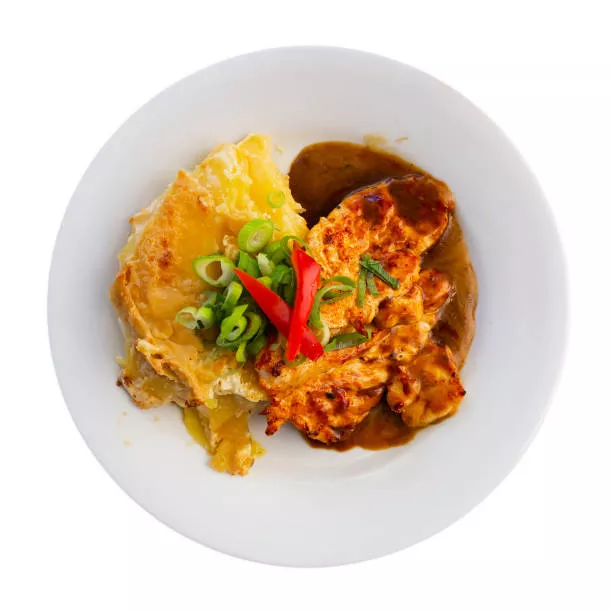In a week where discussions about food have taken center stage, we delve into the trending topic of #slopgate on social media platform X (formerly Twitter). This controversy ignited when a French user labeled Mexican cuisine as “slop on a tortilla,” sparking a heated debate about the merits of different national culinary traditions. While it may seem like a trivial matter, this food-centric discourse sheds light on why individuals are so fiercely protective of their cultural cuisine.
Rather than mounting a defense of Mexican food, we argue that it stands as a testament to its own excellence. Renowned worldwide for its rich history, diverse ingredients, and innovative techniques, Mexican cuisine speaks for itself.
Our focus here is to understand why food consistently ignites impassioned debates in public forums. #Slopgate provides an instructive case study. Following the initial viral post, the conversation devolved into a toxic exchange characterized by ethnic resentments and derogatory remarks.
Yet, amidst this contentious backdrop, we uncover a poignant aspect of the debate. It serves as a reminder that a culture’s cuisine is a delicate and vulnerable expression of its identity. In many ways, it serves as an open declaration of love for a way of life that can be universally appreciated.
Language, holidays, and rituals surrounding life and death are undoubtedly beautiful aspects of culture, yet they often remain somewhat exclusive, reserved for those intimately connected to the culture. Language, for instance, can take years to master for those not born into it, while holidays and rituals are often family-oriented affairs. In contrast, cuisine is remarkably accessible and pervasive, transcending boundaries.
For a nation, its cuisine is an act of opening up to the world. Unlike other cultural facets that maintain protective barriers, anyone can explore a highly recommended restaurant and experience the essence of a distant land. While some countries boast more culinary ambassadors than others, nations such as Thailand, India, and Mexico take immense pride in their culinary traditions and cultivate a global reputation on this front.
Additionally, many cultures emphasize presenting their best when inviting guests into their homes. In this context, the opinions of strangers can sometimes carry more weight than those of close relatives, as anyone familiar with Chicano households can attest.
In summary, the #slopgate controversy underscores that defending cultural food isn’t just about cuisine; it’s about safeguarding a cherished and vulnerable part of a nation’s identity, one that is generously shared with the world, offering a taste of a distant culture and forging connections across borders.




















